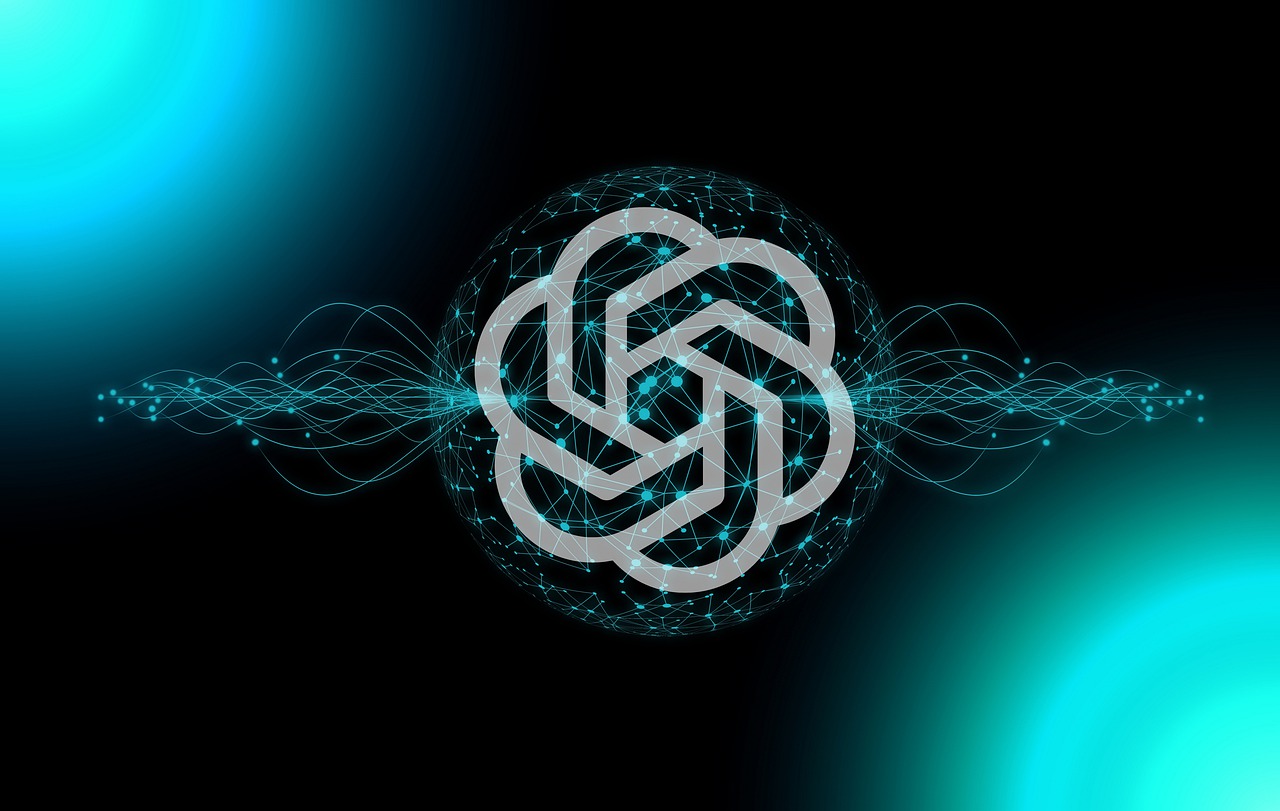
One of the latest developments in the world of Artificial Intelligence (AI) is attracting global attention. So, what is ChatGPT and what do parents need to know about it?
In its first week of launching in November, ChatGPT attracted more than one million users, and by January this year, that figure was closer to 100 million. Due to its popularity, this latest innovation of Artificial Intelligence has also attracted headlines, with technology and educators debating the pros and cons of ChatGPT and its potential impacts in schools.
What is it?
Chat Generative Pre-trained Transformer, or ChatGPT, is a free online technology platform or tool that can create and write text in response to simple questions and prompts. For example, if you need to write a lengthy essay about the lead figures in the French Revolution, or draft a brief response about biological diversity for an assignment, given a few simple prompts or instructions, ChatGPT will write the content for you. It can write articles, essays, jokes, and even poetry.
ChatGPT can also amend its language to suit the audience – ask it to write something suitable for a nine-year-old, and that French Revolution essay will be pitched for a younger audience.
The Next Step in AI
“This is a little different from what we’ve seen AI do previously, which was more about analyzing information. This is about creating something new,” says Michelle Dennis, Head of Digital at Haileybury.
Michelle has been exploring ChatGPT since its launch and now uses it on an almost daily basis. “The more you use it, the more useful it becomes. I’m planning a trip to Cuba and I’ve asked ChatGPT for an itinerary based on my interests, and for food and drink recommendations. I’ve also used it to give me lesson ideas and I’ve even asked ChatGPT to help me complete a challenging and time-consuming coding task. Using ChatGPT, I can get that task done very quickly,” says Michelle.
The Hesitation Around ChatGPT
Public schools in New South Wales, Queensland, Tasmania, Western Australia, and Victoria have placed a blanket ban on students using ChatGPT at school. Key concerns appear to be around the potential for students to use ChatGPT to cheat.
Haileybury CEO|Principal, Derek Scott, is keeping an open mind about ChatGPT’s potential. “There are some who are panicked by AI and those who embrace it, and we sit somewhere in the middle. We are really interested in this technology for our staff and students but we have to do a thorough evaluation,” he says.
“In the meantime, we continue to focus on building the core skills so our students have literacy, numeracy, and analytical skills to then take AI, embrace it, and use it in the best way possible. We are excited about where it might take us in the future.”
The Potential
It certainly seems that this kind of AI is here to stay. Soon after ChatGPT was launched, the upgraded ChatGPT Plus arrived – a premium subscriber service with additional features. Microsoft has reportedly invested up to US$10bn with OpenAI, the creators of ChatGPT, while Google has launched Google Bard, a similar product to ChatGPT.
People in a range of professions – from marketing to teaching and computer programming – are finding ways to use ChatGPT to make their work easier and create time to focus on more demanding tasks that require human input and expertise.
“There may be potential for ChatGPT to support teachers by easing the heavy workloads that are forcing many people to leave the profession and that are creating a teacher shortage,” says Derek.
Michelle believes ChatGPT-style technology will start to become integrated in tools we use on a daily basis and that it will get smarter.
“It will increasingly predict what we need. For example, in Word, we’ll see paragraphs being suggested as we type, and larger documents will have a smart summary added so you can skim key information. I think we will also see these tools being able to translate the nuances of language very well,” she says.
Being prepared
While ChatGPT promises to be a useful learning tool for students and teachers alike, it is still a work in progress and mistakes can still be made, so it’s important that students using it develop skills to help them sift fact from fiction.
“In some cases, if ChatGPT knows A and knows B, it will extrapolate to C – even if C is not true. But it will wrap that untruth in some beautiful text that makes it sound very influential and believable,” says Michelle.
“Anyone using this tool needs to be able to think critically about what is presented to them and to be able to use resources to validate the information. Fake news and fake ideas will become a bigger issue that we need to prepare students for. Information literacy will be increasingly important.
“I think it’s important to have conversations about this kind of AI and to explore and question it because we can’t pretend this technology won’t have an impact. I want our students to take part in these conversations, to think about what this AI means, and how we can use it to create a better society and to enrich how we interact with one another.”


